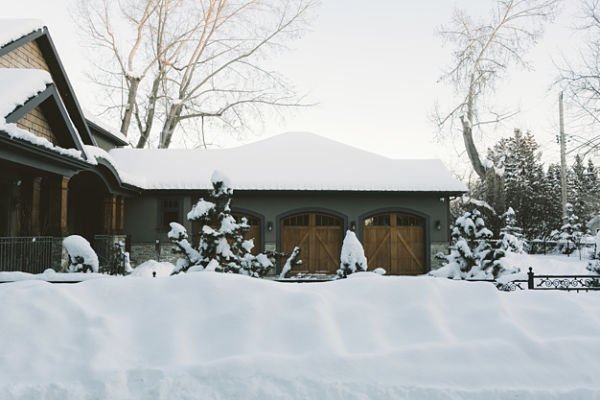7 tips for choosing the right season to list your home
Updated Mon, Dec 29, 2025 - 6 min read
Top blog articles
Once you’ve decided you’re ready to sell your home, there are small steps you can take to maximize the offer you receive. To drum up more interest, it’s key to list your home at the right time of year.
Listing from May to early July is recommended. Not only are buyers more interested in viewing homes during these months, your home may look the best during warm, more temperate times of the year. That’s important if you want to attract buyers and receive high offers so you can make more money when you sell your home.
Ultimately, when you list your home will depend on a variety of factors, including when you need to move, your financial situation, personal factors, and your area’s local housing market. To ensure you list at the right time, talk to a real estate agent who knows your city before making any final decisions.
If you’re preparing to list your home, here are seven tips to make sure you’re listing your home during the right season.
1. Consider when Americans like to buy homes

If you follow the housing market closely, you’ll see regular ebbs and flows. In the spring, home sales begin to increase, with most homes selling in the summer and early fall. As winter approaches, interest in home buying starts to cool.
Typically, late spring to early summer is the best time to list your home because it’s when most Americans are looking to buy, according to the National Association of Realtors. Listing when interest is at its peak can work to your advantage. You’ll likely draw more prospective buyers to your home, and if multiple parties are interested, you could make more money on your house than you initially planned.
2. Know the ideal day to list your home
Although the season is important, there’s also a good time of the week to consider before listing your house. Typically, Friday is considered the best day to list your home. That’s because it’s the end of the workweek and a day before the weekend. Buyers will have more time to explore and review listings before weekend activities interfere with their schedule.
Listing on Friday also gives real estate agents more time to view your listing and include it on lists of properties they send to clients each week.
You may also want to consider the time of the month you list. A week after you pay your mortgage is considered a smart time because it limits the remaining number of mortgage payments you’ll need to make.
3. Factor in competition for homes
Although late spring to early summer is when most sellers list their homes, it also means there are more homes on the market vying for buyers’ attention. This could mean increased competition among your home and others on the market. In this case, it could take longer to sell your home, and the offers you receive may be lower than if there were fewer homes on the market.
Talk with your real estate agent to determine the best time to list your home that takes advantage of the influx of buyers without competing in an oversaturated market.
4. Take the weather into account

Interest in buying a home increases in the spring, but where you live also plays a role. If you live somewhere that experiences rainy or stormy springs, wait until the wet season has passed. Doing so will boost your curb appeal and give buyers a better look at your home. If springtime weather is fairly temperate in your area, listing your home early in May can help you get ahead of other upcoming listings and lock in a buyer.
If you live in an area where snow and ice are still common in early spring, waiting until summer could help, too. Your home may not look its best covered in sleet, mud, and water. Plus, buyers probably won’t want to attend a showing in the elements, and you won’t want to host an open house where buyers track water and mud into your home if the weather is poor.
5. Don’t list during holidays
Listing your home close to a major holiday might lead to few showings or low turnout at your open house because people often travel for vacation or to see family during this time. Even minor holidays, such as Mother’s Day and Father’s Day, may detract from your listing. Listing your home close to a holiday may be a convenient time for you, but it may sell faster if you plan around the holidays.
Read more: Are you selling your home during the holidays?
6. Talk to a qualified real estate agent who knows your area
No one knows your listing area better than an experienced Realtor. A real estate agent can inform you of your area’s specific trends. For example, if your pocket of the city has an off-season buying boom in January for some reason.
Agents also know the demand for housing in your area and can help you figure out if you should wait or act fast to list your home. In addition, they can tell you what day and time of the month you should list for the best results. With this valuable information, you won’t have to fret about the details.
Read more: What is a joint venture in real estate?
7. Above all, consider your financial and personal circumstances
There may be a recommended time to list your house, but that doesn’t mean it will align with your financial goals. If you’re facing foreclosure or need to move for a family emergency, you might not have the luxury of following best practices.
Although the above advice can be helpful, you may not be in a financial position to wait until the spring or summer to list your home. That’s OK. Pricing your home correctly and following your real estate agent’s advice are more important than the day you choose to post your listing.
Make sure to tell your Realtor about your plans and expectations. They can adjust their support to ensure it fits your timeline.
Read more: Fair housing act of 1968









